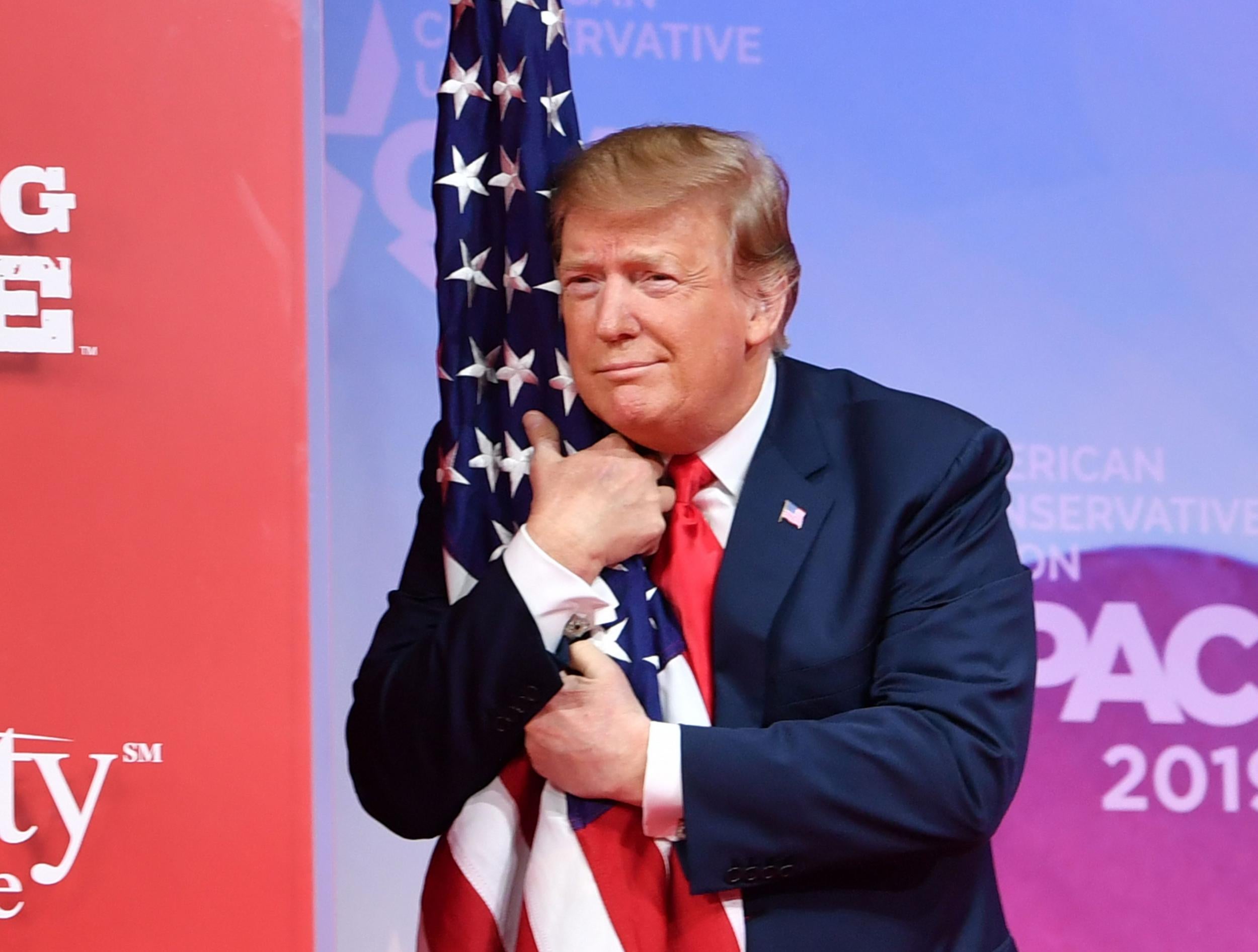Republicans are leading efforts to curtail black votes in 2020. This Independence Day, ask yourself if that means 'liberty and justice for all'
A new Florida law is continuing a shameful precedent for the United States

As Fourth of July celebrations take place across the United States, we should not lose sight of the persistent challenges facing black Americans. If the fireworks are meant to commemorate “life, liberty, and the pursuit of happiness,” then the continued efforts to curtail voting rights serve as a bitter reminder that these ideals remain elusive for many.
Since the passage of the 1965 Voting Rights Right Act, which upheld African Americans’ right to vote as guaranteed by the 15th amendment of the US constitution, a number of state and local laws have worked in tandem to chip away at these rights. A recent Florida law, which denies the right to vote to individuals with a past felony conviction who owe money to the state, is no exception.
The new law, signed by Florida Governor Ron DeSantis, flies in the face of an earlier ballot decision approved by the majority of Florida voters. In November, 64 per cent of voters in the state agreed to restore voting rights to previously incarcerated residents. The new Florida law, which follows a pattern of Republican-led efforts to curtail the minority vote, undermines these developments. It further erodes voting rights, especially for black people — those most affected by a broken criminal justice system. According to the Brennan Center for Justice, one-third of Florida residents who have lost the right to vote are black, even though they make up only 16 per cent of the state’s population.
This law, therefore, further exacerbates an already dire situation. By essentially instituting a poll tax, Florida would disenfranchise 540,000 Florida residents. These include thousands of African Americans unable to pay the exorbitant court fines. As the American Civil Liberties Union (ACLU) rightfully points out, “The impacts are especially harsh for people of color given longstanding racial disparities in wealth and poverty.” Yet this is exactly the demographic group Florida lawmakers are targeting.
Not surprisingly, the new Florida law mirrors the extralegal strategies of the 1960s that were meant to keep African Americans away from the ballot box. In an effort to curtail the 15th amendment, several states, including Alabama, Mississippi, and Virginia, instituted poll taxes. These fines ultimately served the underlying goal of excluding black people from voting — and they were quite effective. In 1963, for example, less than 5,000 of Mississippi’s 450,000 black residents were registered to vote. The poll taxes, combined with literacy tests and white mob violence, kept a disproportionate number of black residents in Mississippi from voting.

The tireless efforts of local activists, including members of the Student Nonviolent Coordinating Committee (SNCC) and the Mississippi Freedom Democratic Party (MFDP), helped to expand black voting rights. These rights were further strengthened by several legal developments in the years to follow. The passage of the 24th amendment in 1964 made poll taxes illegal on the federal level, followed by a 1966 US Supreme court decision that banned poll taxes in state elections. Together, these developments opened up more opportunities for black Americans to vote.
However, none of these would have as much of a lasting effect as the 1965 Voting Rights Right Act, which significantly bolstered the black vote. In addition to banning literacy tests, the landmark civil rights act empowered the US attorney to prevent the use of poll taxes in state and local elections.
Most significantly, the Voting Rights Act provided federal oversight of voter registration across the country, especially in states with fewer than 50 per cent of non-white residents registered to vote. For many civil rights activists, it represented the pinnacle of success in the long struggle for citizenship — and human — rights.
Yet as quickly as the law went into effect, various state and local laws have attempted to undermine its goals and weaken its impact. In the last 10 years alone, the Voting Rights Act has come under extreme attack. The 2013 Shelby County Supreme Court decision, which enabled states to pass restrictive voting measures, is arguably the most brazen attack on voting rights. Since Shelby, a string of state measures and laws have followed suit, seeking to undermine the Voting Rights Act and in so doing, undermine American democracy.
The new Florida law, and other similar measures that preceded it, demonstrate that the ideals of liberty and democracy are still far outside of our grasp. As the 2020 presidential election approaches, we have an important opportunity to address — and begin the process of reversing — the devastating laws that limit citizenship rights for black people.
Keisha N. Blain is an Associate Professor of History at the University of Pittsburgh and Editor-in-Chief of The North Star. She is the author of Set the World on Fire: Black Nationalist Women and the Global Struggle for Freedom
Join our commenting forum
Join thought-provoking conversations, follow other Independent readers and see their replies
Comments
Bookmark popover
Removed from bookmarks